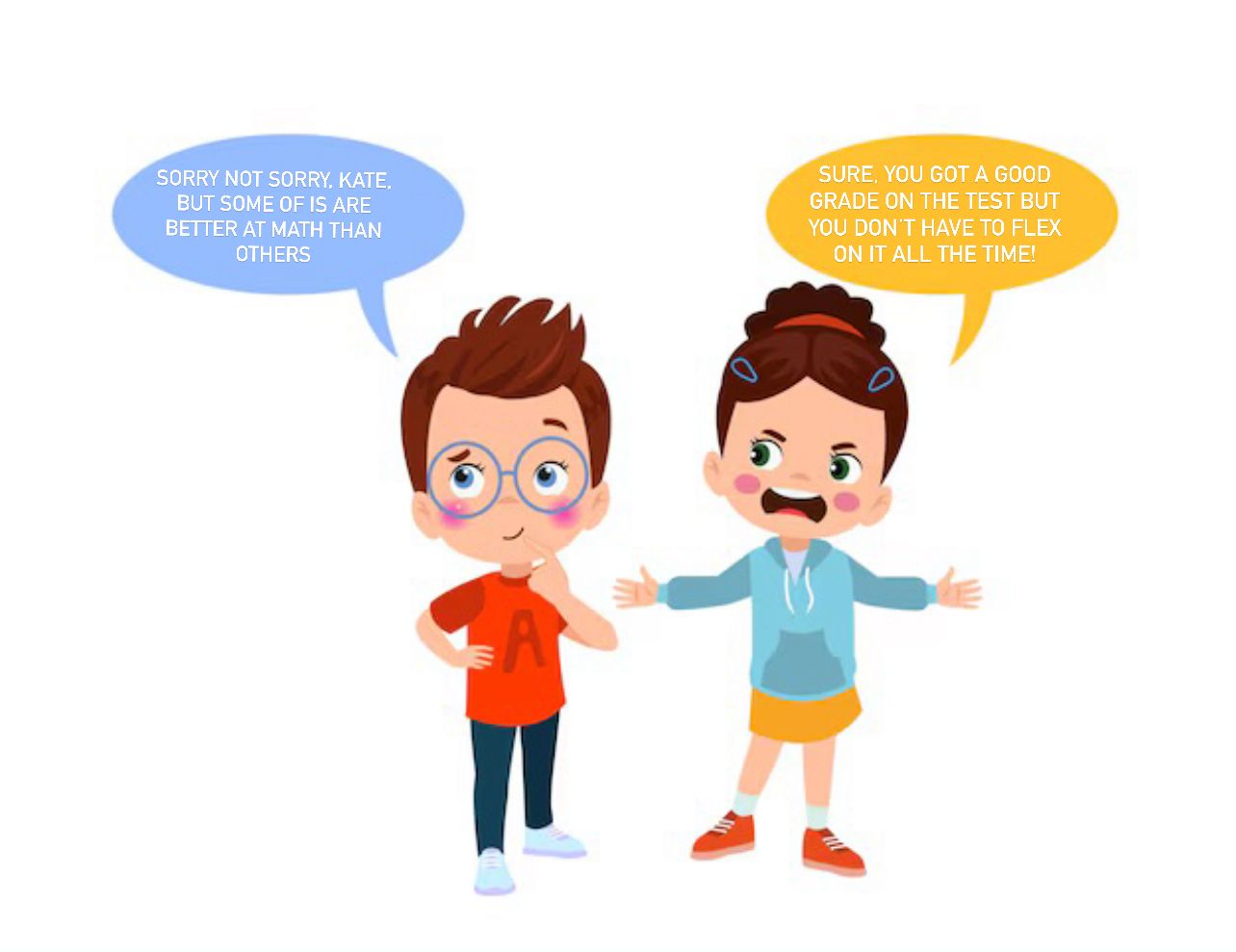- Safe Space Online
- Posts
- Back to School Edition: Autism, ADD, and ADHD - The Trendy Self-Diagnosis
Back to School Edition: Autism, ADD, and ADHD - The Trendy Self-Diagnosis
We're Safe Space Online - a newsletter about keeping kids safe in the digital world. Every issue will aim to empower parents, guardians & educators with the knowledge and tools they need to protect children from online dangers.
SAFETY TIP OF THE WEEK
Self-diagnosis of certain disabilities has become popularized on social media, and this can have damaging effects on your children’s sense of self. If your child feels that they identify with traits associated with these disabilities, consider consulting a professional to determine what your child’s needs are and how they can be met through school and medical intervention.
TODAY’S TOPIC
Autism, ADD, and ADHD: The Trendy Self-Diagnosis
Have you ever heard the phrase “I’m so OCD about…”? Maybe you’ve said it yourself to describe some aspect of your life that needs to be arranged or done in just such a way. Usually when people say it, they are referring to something that makes them feel like a perfectionist. Of course, Obsessive Compulsive Disorder (OCD) is a real medical condition in which a person has little control over their need to do things in a particular kind of way. Today, it’s trending among young people online to identify with other disabilities like ADHD, ADD, and Autism, often without a professional diagnosis.
The trend started with the idea that these disorders occur in individuals on a spectrum. For example, Autism, ADHD, and ADD can be severe or mild in different individuals. The underlying assumption is that everyone has some traits that might be identified with these disabilities, but some individuals are better able to function in society than others with the same traits. While the understanding that these conditions occur along spectra has led to greater awareness about them and greater visibility for individuals who have them, the trend of self-diagnosis can present life challenges for children.
Self-diagnosis, which can be an important first step to seeking help, can also encourage a child’s confirmation bias if they don’t seek a medical professional’s opinion. Confirmation bias is the subtle urge to find traits in ourselves that confirm our suspicions that we have x, y, or z disorder. Without intervention, a child might cling to their self-diagnosis so thoroughly that they change who they are and how they act to fit their diagnosis. With these disorders being so trendy, it can be easy for young people to cling to their supposed condition for clout online or access to people and communities online.
WHAT CAN YOU DO?
It’s important not to downplay these different disorders that affect many people, and may affect your child or their peers. The challenges that people living with Autism, ADHD, and/or ADD face have merited supports and protections in schools and in the workplace for a reason. Having conversations about these disabilities may be tricky or awkward. If you or your child is seeing these trendy takes on disabilities, and you find yourself wondering if they have these disabilities, consider these helpful tips for getting them the support they need:
Monitor Changes in Your Child’s Behavior: If your child starts acting differently for reasons you can’t explain, try having an honest conversation with them about how they are feeling. If they aren’t open with you about their suspicion that they have one of these disabilities, check in with their teachers at school. Teachers and school administrators can help you monitor unusual behaviors in your child.
Check Out Information Online about Autism/ADHD/ADD Awareness: A positive part of this trend is that many people affected by these conditions have taken to the internet to share their stories and their knowledge about these disabilities. The National Institute of Health has a list of helpful content creators that might help you get some perspective on the issue.
Ask Your School Administrators to Begin Monitoring Your Child for Disabilities: Your school’s Special Education team is an invaluable resource for collecting data and evidence that can help you get the support your child needs. Remember: the school cannot actually begin investigating your child’s need for accommodations without your consent, but they are expected to let you know when your child is having trouble at school. Let your school be your ally in finding the help your child needs.
Set Up an Appointment with Your Local Psychologist or Psychiatrist through Your Pediatrician: If you suspect your child may have one of these disabilities, consider getting a professional diagnosis. If your child does not want to go through the process, it’s important to communicate with them that their supports are confidential and that they are meant to fit your child’s specific educational and social needs.
Shun the Stigma of Seeking Help: Feeling too ashamed to seek help for your child will do them more harm than good. As their parent, you are in a position to help them access the support they need to thrive in school and in the world beyond. It is okay to ask for that support, and you shouldn’t feel ashamed to seek professional help if that is what your child needs.
▶ Slang Word of the Week: “Flex” v. – to show off something impressive.
